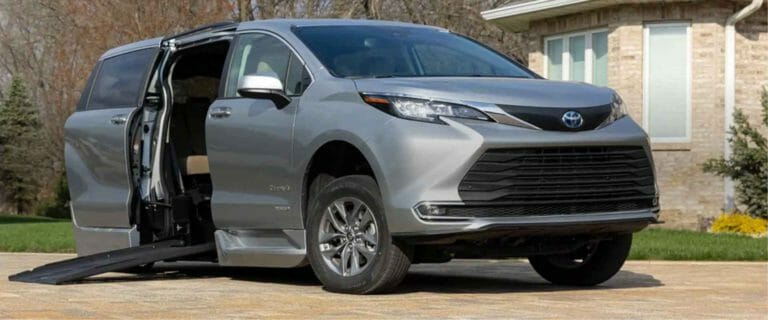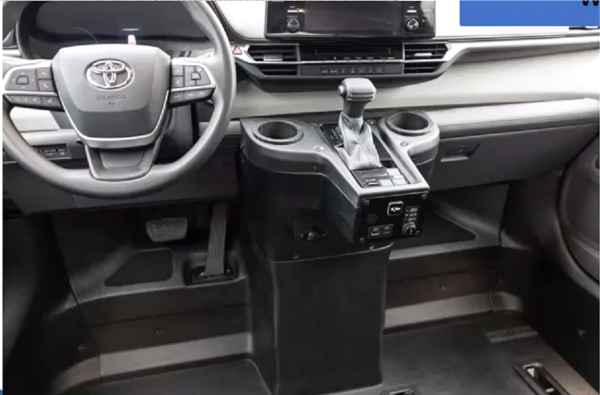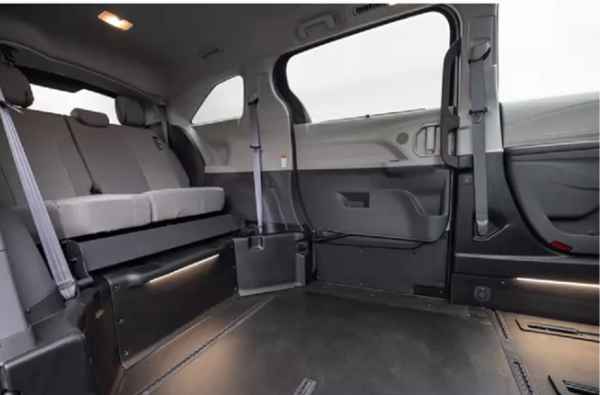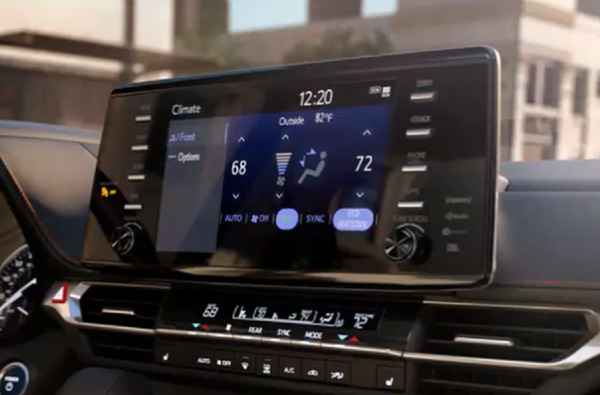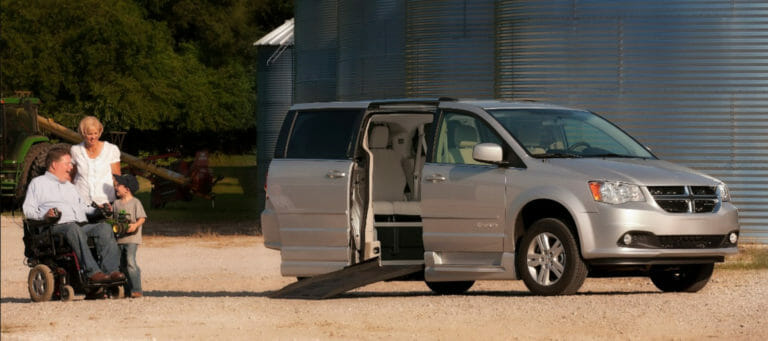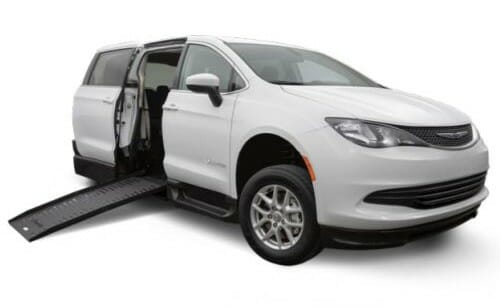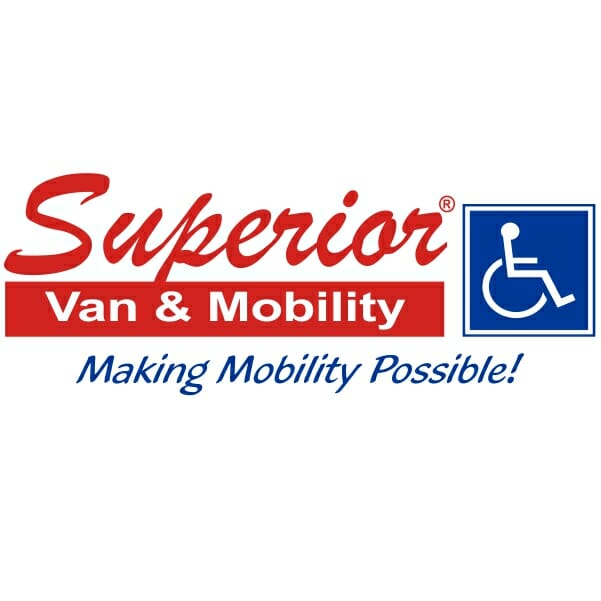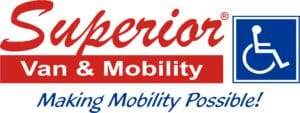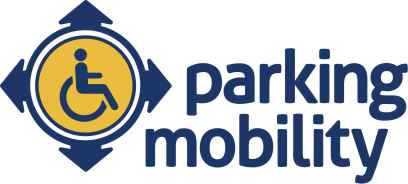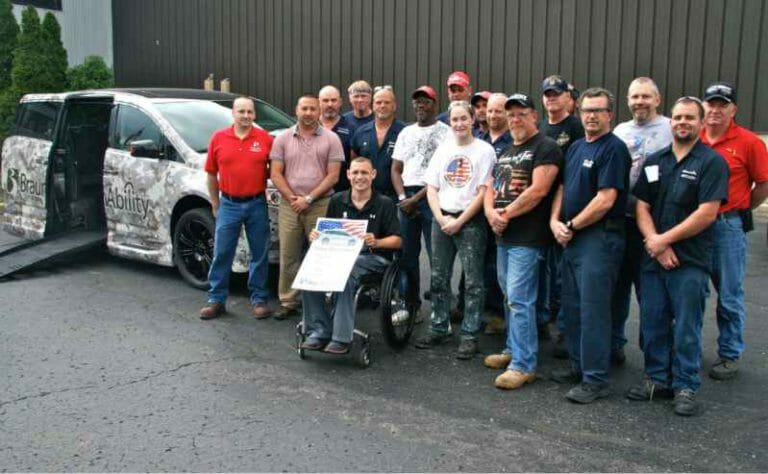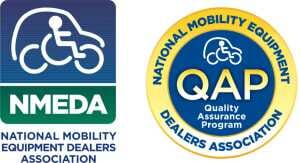Justin Timberlake Buys Tennessee Teen a Wheelchair Accessible Van
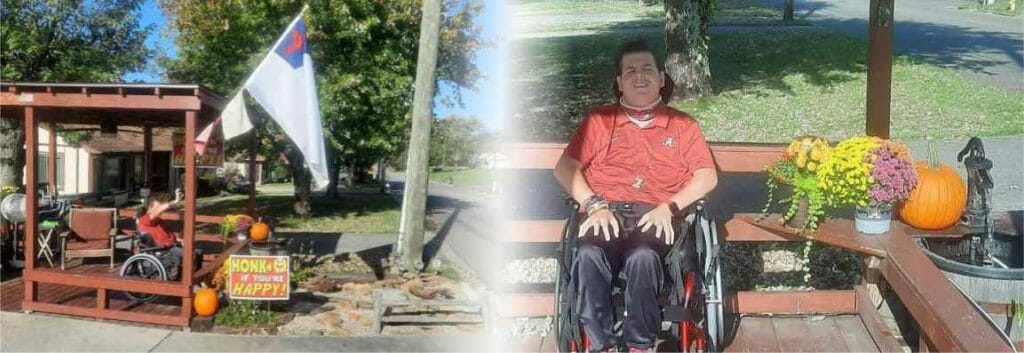
Honk If You're Happy!
While most around the world would label 2020 as one of the worst years of recent history, the Stitt family of Morristown, TN would disagree.
(Warning: This story will touch your heart and ultimately just might strike a tear in the toughest of men.)
It’s the day before Thanksgiving, a day like any other in the small town of Morristown, TN. Here sits a teenager, Jake Stitt, a seventeen old with cerebral palsy going about his routine. It’s one of the highlights of his day, sitting on his front porch with signs to “Honk if You’re Happy” displayed, spreading cheer to others passing by.
However, on this day there so happened to be a news crew on hand from WJHL, a local TV station. Jake had thought they were there to do a story on him and his family who have been trying to raise money for a wheelchair accessible van. Unbeknownst, this day was about to take a different turn, and change the lives of the Stitt family forever.
As Jake sits, in the distance, sirens are heard. Unusual to Jake, he turns to look down his street, just as a caravan of vehicles approach. Unsure what he is seeing, it soon was announced by those surrounding Jake, that the caravan was for him. It was being led by a black Dodge Caravan from, Superior Van & Mobility with the town of Morristown following, lights and sirens blaring. There was about to be a special delivery, of a very special gift, from a very special, famous friend. Unfortunately, from here words cannot describe the excitement and feeling that ensued as the caravan reached Jake’s home, you must watch the video.
Now the conclusion to this amazing story… Jake’s, “Honk If You’re Happy” display and need for a mobility van story first got attention from a local online news article. Many in the community knew about Jake, but not his need. The family did not have a wheelchair accessible van and they currently depended on his father, who needed back surgery, to physically transfer him from his wheelchair to their vehicle for transport; a task that had become dangerous for both Jake and his father as he had grown. As word got out about their need, the community came together. A Go Fund Me was established to help raise the $35,000 needed to purchase the family a much-deserved wheelchair accessible van.
Actor, Michael Abbott, Jr. who now lives in New York. but from Morristown, Tennessee, clicked on a link about his upcoming movie release and stumbled upon Jake’s story. Next steps, Michael reached out to Superior Van & Mobility wanting to learn more about mobility transportation options and what could be a possible solution with the budget they had. After receiving the information he needed, Michael reached out to the Stitt family and promised them that somehow, someway Jake would have his van by Thanksgiving. Unsure how that might happen, Michael went to sharing the story with additional news outlets and was able to get them to video and showcase the families van need which then he quickly shared on social media. The story was even picked up and shared by Professional Surfer, Kelly Slater!
As the short time progressed, it happened, donations had started to come in from the community and those as far as Australia. It looked like the Thanksgiving delivery, Michael Abbott, Jr. had hoped for would actually happen. And he was right! Right before Thanksgiving, the Stitt family had met their goal.
However, this story doesn’t end here. At the last minute , Grammy Award Winner and Tennessee-native, Justin Timberlake found out about the initiative to raise money for the Stitt family and the wheelchair accessible van. Needless to say, Justin was very touched by, Jake and the community’s efforts. So much in fact, Justin reached out to the father via Zoom, to let him know that he would be purchasing the van for the family. But, Justin’s request did not stop there, Justin told Jake’s father that they were to also keep the $35,000 raised to help cover the ongoing, expenses associated with Jake’s care as long as Jake got to use the van while driving around town to spread his, “Honk If You’re Happy” message.
Thank you Jake for your inspiration and unselfish effort to brighten the day of others. You truly are a gifted young man who we look forward to knowing for the many years to come. We truly applaud your efforts!
From the Stitt Family:
- Thank you Justin Timberlake for your generous donation and for changing the Stitt’s family’s life!
- Thank you to actor, Michael Abbott Jr., for your passion to raise and spread awareness!
- Thank you to the Morristown / Knoxville area community for returning the favor & smiles to Jake and his family!
- Thank you to our Superior Van & Mobility – Knoxville team for making this memorable delivery possible!

